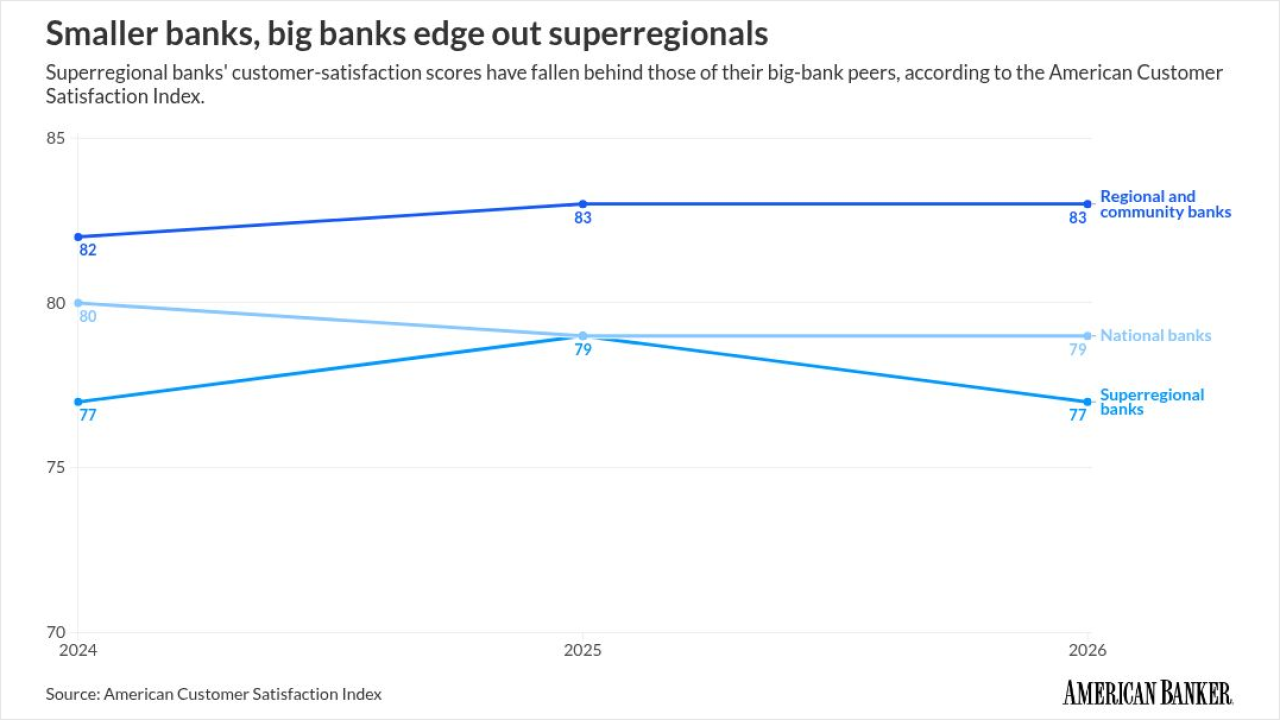MEXICO CITY — Mexico's Banking and Securities Commission is preparing to levy stiff fines against several financial institutions for sales practices and business conduct that violated local securities rules, and which might have led to outsized losses for local retail investors during last year's global financial crisis.
"We are talking about strong sanctions against financial intermediaries and prolonged suspensions for those sales agents whose conduct was inadequate," said Guillermo Babatz, president of the CNBV, as the commission is known, in an interview.
Mexican law prohibits the CNBV from naming firms and individuals that are under investigation or subject to sanctions until they agree to pay the fines or exhaust all court appeals.
The retail investor community, which includes individuals as well as corporate treasury desks, is thought to be small and does most of its business through brokerage houses and banks. Brokerage firms had nearly 200,000 clients at the end of June, according to CNBV data.
The pending sanctions are the result of on-site inspections and investigations by the CNBV during the last 12 months that brought to light dubious practices, including financial advisors that steered their clients to directly invest in a handful of securities instead of seeking greater diversification through other investment vehicles such as mutual funds.
The CNBV also found that some financial institutions that acted as placement agents in local bond issuances ended up distributing a considerable portion of those securities among their own clients rather than a broader base of investors.
Other firms sold complex structured notes issued by foreign banks to clients who lacked the sophistication to invest in that type of product in exchange for commissions from those same banks, Babatz said.
"It's something that the Mexican market hasn't given enough attention to in previous years and where there are major vices in terms of how securities are sold and the transparency for the buyers," he said.
Retail investors were important buyers of domestic private-sector debt prior to the financial crisis that rocked Mexico's equity and fixed-income markets in late 2008 and early 2009.
"Now it takes a lot of effort to sell them private-sector securities because clients got burned. They were burned because their investments weren't properly managed," Babatz said.
The CNBV is working to close loopholes in the regulations that currently govern the sale of securities. Babatz said the new rules should be available for comment by the securities industry later this year, with a view to have them in force in early 2011.
"They are very exhaustive, long rules that aim to change the whole way securities are sold. It's a substantial change," said Babatz, who expects the rules to encounter considerable resistance from the industry.
Mexico's banking industry emerged from last year's domestic recession and the global crisis profitable and well capitalized. The sector's net profit increased 11% last year and was up 15% on the year to MXN37.28 billion in the first half of 2010.
However, profitability as measured by return-on-equity tumbled to just under 13% in 2008 and 2009 from an average of about 20% in the 2005-2007 period as the recession forced banks to increase bad-loan provisions and cut back on risky, but high-margin credit card loans.
Babatz thinks the sector's return on equity will likely stay in the low teens in the coming years due to competition, more rigorous loan-loss reserve rules, and a greater focus by lenders on lower-margin products such as mortgages and commercial loans.
Lending, which got off to a slow start early in the year, has picked up along with the economy. Loan balances rose 9.4% to MXN2.025 trillion at the end of July, led by growth in mortgage, public-sector, and personal loans, and to a lesser degree commercial lending.
Babatz expects overall loan balances to increase about 12% this year, with growth accelerating in 2011 even though the economy is widely expected to expand at a more moderate pace than the 4%-5% forecast by economists for 2010.
Lending in 2011 will likely be underpinned by commercial loans to medium-sized firms, a market that banks have only recently started to tap, he said.





